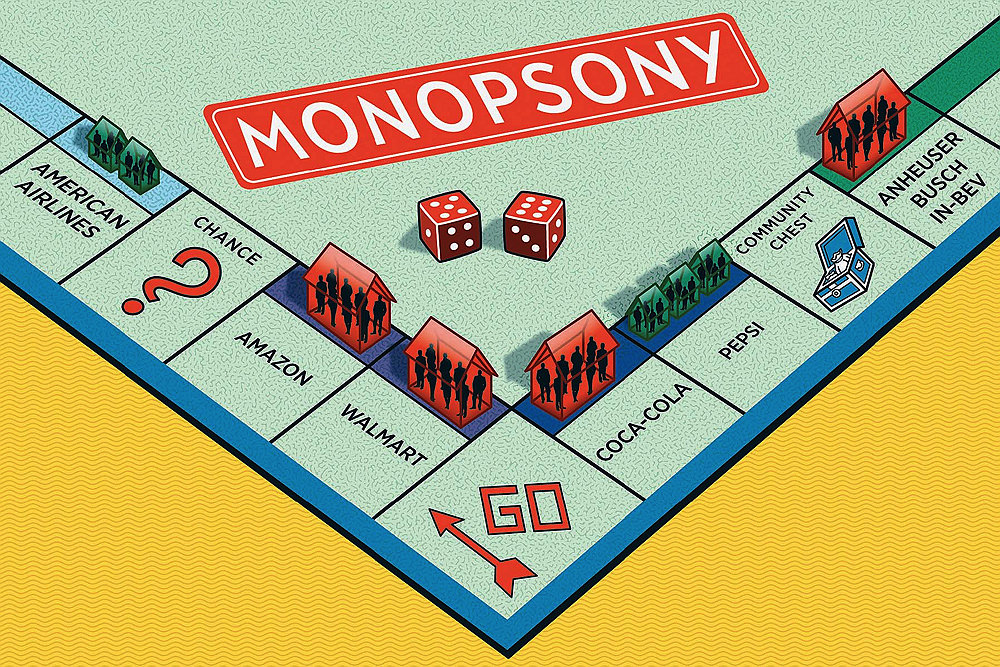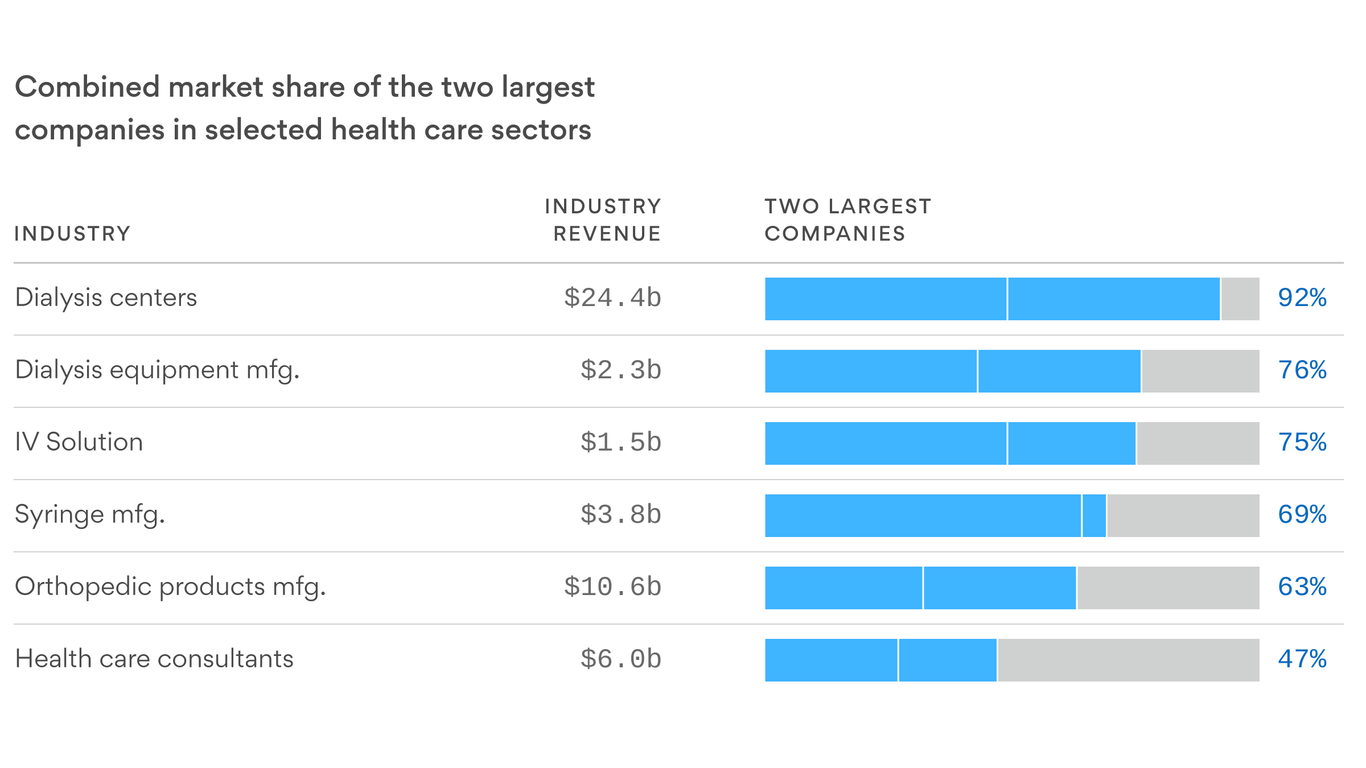Andylusion
Platinum Member
- Jan 23, 2014
- 21,320
- 6,434
You missed it.and cheap labor from anywhere too
showing that, once again, Trump was correct
we need to make our own stuff and never be reliant on ANY other country for the things we need
that includes oil from the ME as well

LINK
American companies that produce essential goods in China should plan to shift their operations back to the United States or other Western countries, according to a senior Republican lawmaker.
“We're staring into a significant, significant crisis of supply chain,” Colorado Sen. Cory Gardner told the Washington Examiner. “Cheap labor or cheap manufacturing be damned if you are reliant on them for your life and livelihood.”
Gardner’s warning was spurred by the shortage of hospital masks in the United States, a dearth driven by Beijing’s refusal to allow American companies that make the products in China to ship them out of the country amid the coronavirus pandemic. And he’s not alone in that sentiment, raising the possibility that anger over China’s self-interested response to the coronavirus outbreak could produce one of the most dramatic alterations of global economics in decades.
“Because of the coronavirus problem, people are recognizing that any supply chain that has single points of failure is incredibly vulnerable,” the Heritage Foundation’s Dean Cheng, a senior research fellow in the organization’s Asian Studies Center, told the Washington Examiner. “China is going to be very concerned about decoupling, offshoring, [or any] redirection of investments out of China.”
I thought it was stupid and shortsighted when they did it initially. I watched as our semiconductor industry moved everything out of silicon valley where it came about and off chasing cheap labor all over the globe till it came to rest in mainland China today. But you just can't tell our idiotic governments or the MBA fools in industry anything. They have all the answers to see all the way forward through the next 90 whole days.
Ok, so I'll ask the same question I did last time this came up.
I worked at a company that was offered a contract to produce a specific product, for a specific price. We ran the numbers, and ran the numbers again, and each assessment resulted that producing the product in our own facilities would result in a loss of money of about 15%. Meaning we would be spending $1 Million, to earn $850 thousand.
Now at this time, the company was already in a financial crunch. To be blunt, we needed the contract, but we also needed a profitable contract. We contracted the customer, explained our price point, and the customer turned it down. No deal. Not interested.
So told them to give us another month.
Now what would you have done? Made the product here, with US labor, and just lost money, possibly losing your entire business? And by the way, your home and your retirement, and end up with debt?
Or would you do what our company did, which was we outsourced to China, and made the product profitably?
What would have told those MBA fools? That if they produced the product here, and end up losing their entire careers, and their companies, that this was good for America? And how would that have been good?
Sounds like American labor can't compete with Third World labor on a level playing field.
Compare the US economy to any third world economy. By what economic measure would you say we can't compete?
Compare unemployment. Compare median income. Compared level of productivity.
We have competed, and very successfully so. Yes there are many things manufactured outside the US, that are imported here, because they can't be produced profitably here.
Again, back to my example above. Let's say that you banned imported products from China, or you imposed protectionist tariffs on imports from China.
How would that allow us to compete with Third World labor?
.....
Interesting. I pointed out that from your story it seems that American LABOR, can't compete on a level playing field with Third World labor, and you ignored that, to address a question I did not ask.
To your question. It would allow US labor to compete with Third World labor, at least here in the US.
It is a start.
Again... it would not.
Math does not change.
Let me put it in simpler terms.
If the customer is only willing to pay me $25 to mow their lawn, or they will simply mow their lawn themselves, and the cheapest US labor I can get is $30 to mow their lawn.... how does preventing imported labor help?
Whether we have imports or not have imports.... if the customer is only willing to pay $25, then I need labor that is less than $25, or I do not do the job.
Similarly, say the customer is only willing to pay me $50 per widget, or they will simply make do without the widget.
If it costs me $60 in American labor to produce a $50 widget.... how does tariffs or protectionism, or even banning imports, going to change that math?
It is not. With zero imports from China.... the customer is still only willing to pay $50 a widget, and US labor is still $60. If we can't outsource... then we simply wouldn't build the product at all.
If that continues too long, then you are going to lose jobs from protectionism. Because now if we are not building the product, then I don't need sales staff to sell it, and I don't need engineers to design it, and I don't need truck drivers to deliver it.
So protectionism will create almost no jobs, and protectionism will destroy thousands of jobs.
There is no protectionism that results in customers willing to pay high prices for low value productions, and no protectionism, changes the math if the product isn't profitable to produce in the US. Again, hasn't worked in Russia. Didn't work in Japan. Didn't work in India. Didn't work in US history. It's never worked that way. Never.


